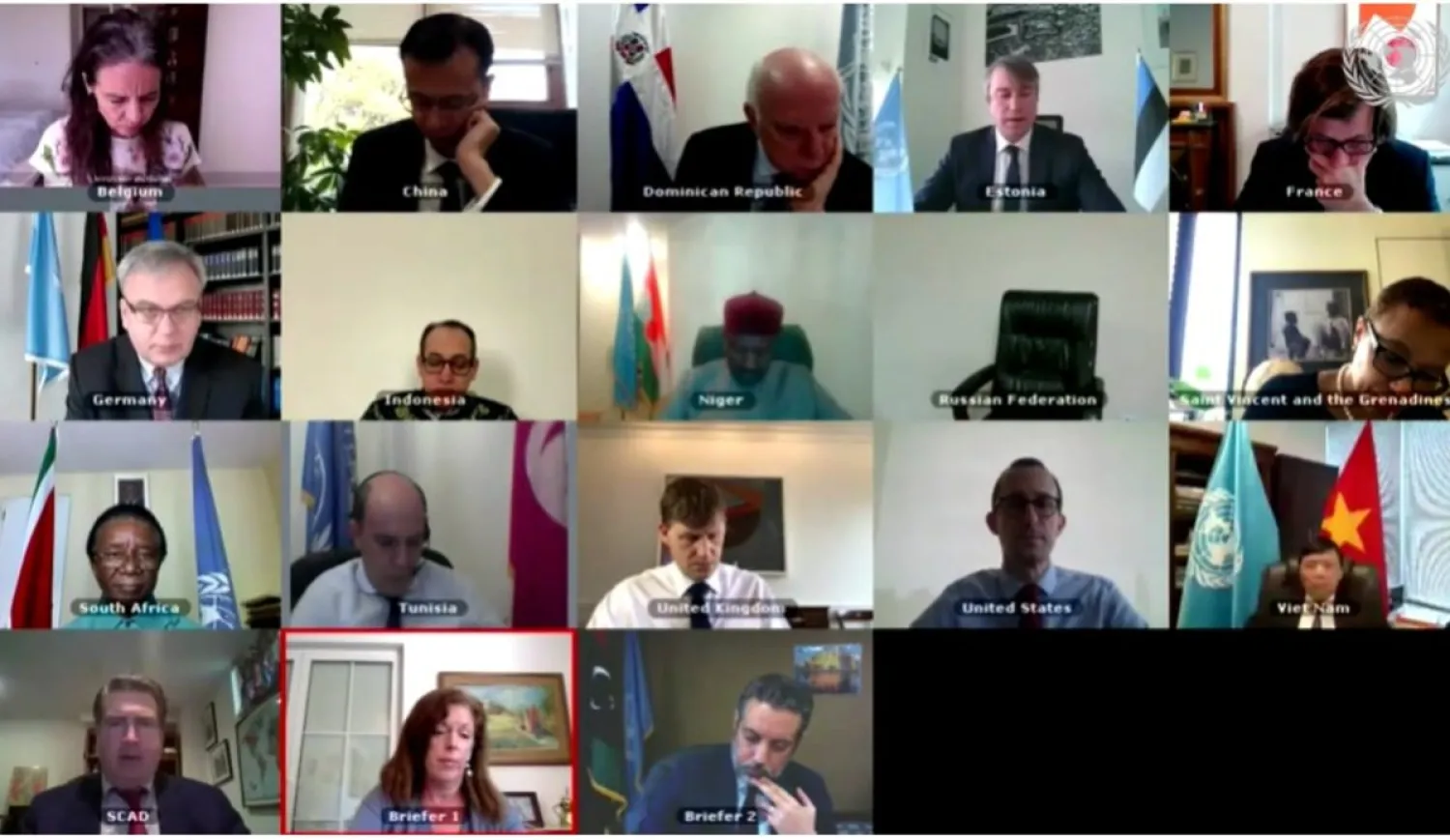The war in Libya will intensify, broaden and deepen with devastating consequences for the Libyan people, said acting head of the United Nations Support Mission in Libya (UNSMIL).
Stephanie Williams called on the international community to prevent Libya from getting out of control.
Briefing the Security Council Tuesday, Williams said via videoconference that there has become “new depths of violence, heartlessness, and impunity.”
“Despite our determined efforts and the Secretary General’s plea for an immediate ceasefire to allow Libyans to respond to the common threat of COVID-19, I regret to report that there has been no lull in the fighting between the Government of National Accord (GNA) forces and General (Khalifa) Haftar’s Libyan National Army.”
Instead, she stressed, fighting has escalated with an unprecedented rate in indirect fire in urban areas and a growing tide of suffering for civilians.
As a result of the intensifying armed hostilities, coupled with the dire socio-economic impact of COVID-19 and including the loss of employment and livelihoods, a million people are now in need of some form of humanitarian assistance, she noted.
“This includes 400,000 internally displaced Libyans, along with 654,000 migrants, refugees and asylum seekers.”
Williams also pointed out that millions of Libyans, and most notably the two million residents of Tripoli, are experiencing a most abnormal and terrifying existence, under almost constant bombardment and frequent water and electricity cuts.
The UN official told members of the Security Council that there is an alarming military build-up as a result of the uninterrupted dispatch by the foreign backers of increasingly sophisticated and lethal weapons, not to mention the recruitment of more mercenaries to both sides of the conflict.
“After their successful bid to retake six cities on the coastal road west of Tripoli in April, GNA forces are now seeking to roll back the LNA’s foothold in southern Tripoli by forcing the redeployment of resources and disrupting their supply lines from the nearby city of Tarhouna,” she stated.
These recent successes, Williams added, have “emboldened” the GNA to show reluctance in reciprocating a unilaterally declared cessation of all military activities, which allowed its forces in early May to seize control of the Wutiya airbase.
“The control of this strategic airbase may trigger further escalation, turning the Libyan conflict into a pure proxy war,” Williams further noted.
The official pointed to the nearly non-stop daily shelling on Tripoli, and in particular Mitiga airport, since April 24.
She once again called for the immediate cessation of attacks against civilians and civilian infrastructure, whilst calling on the GNA to restore the civilian nature of Mitiga airport.
“I am concerned about GNA UAV attacks over the past two months on vehicles travelling between Mazdah and Tarhouna as well as in Bani Walid, which caused collateral damage to vehicles carrying non-combat related items like food, goods, and fuel and resulted in civilian casualties.”
“Such attacks violate International Humanitarian Law and may amount to war crimes,” she stressed.









